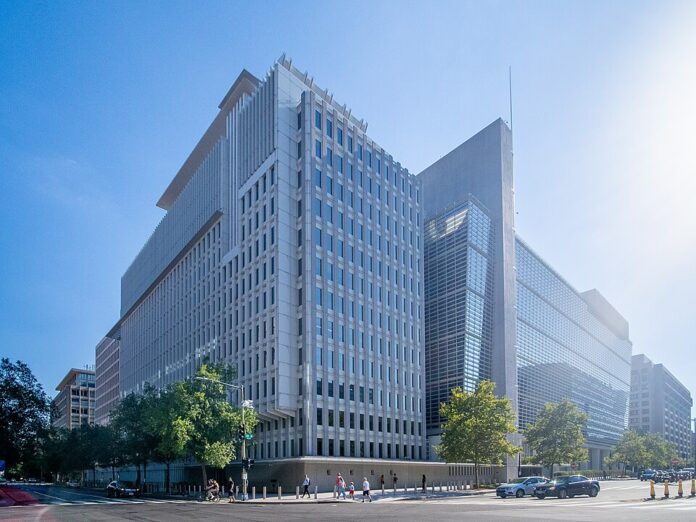The World Bank has advised the Federal Government to implement reforms that safeguard the country’s most vulnerable populations against increasing inflation.
In its latest April 2025 Poverty and Equity Brief for Nigeria, the bank emphasized the need to boost Nigerians’ livelihoods through more productive work to reverse high poverty levels.
According to the World Bank, over 42 million Nigerians have fallen into poverty since 2018/19, with more than half (54%) of the population estimated to live in poverty in 2024. The bank attributed this to multiple shocks, high economic insecurity, and structural economic weaknesses.
The bank noted that although recent macroeconomic reforms have begun stabilizing the economy, inflation remains high, eroding purchasing power and pushing many into poverty. To mitigate this, the World Bank suggested strengthening the social protection system, focusing on resilience and human capital investments, potentially funded through fiscal savings from the Premium Motor Spirit reform.
The bank also expressed concerns about the slow rollout of temporary cash transfers aimed at alleviating the inflationary effects of recent reforms on the poor, which were launched to support 15 million households.
The World Bank’s recommendations come as President Bola Tinubu’s administration continues to navigate the challenges of economic reforms, including the removal of fuel subsidies and the floating of the naira, which have contributed to spiking inflation rates.








